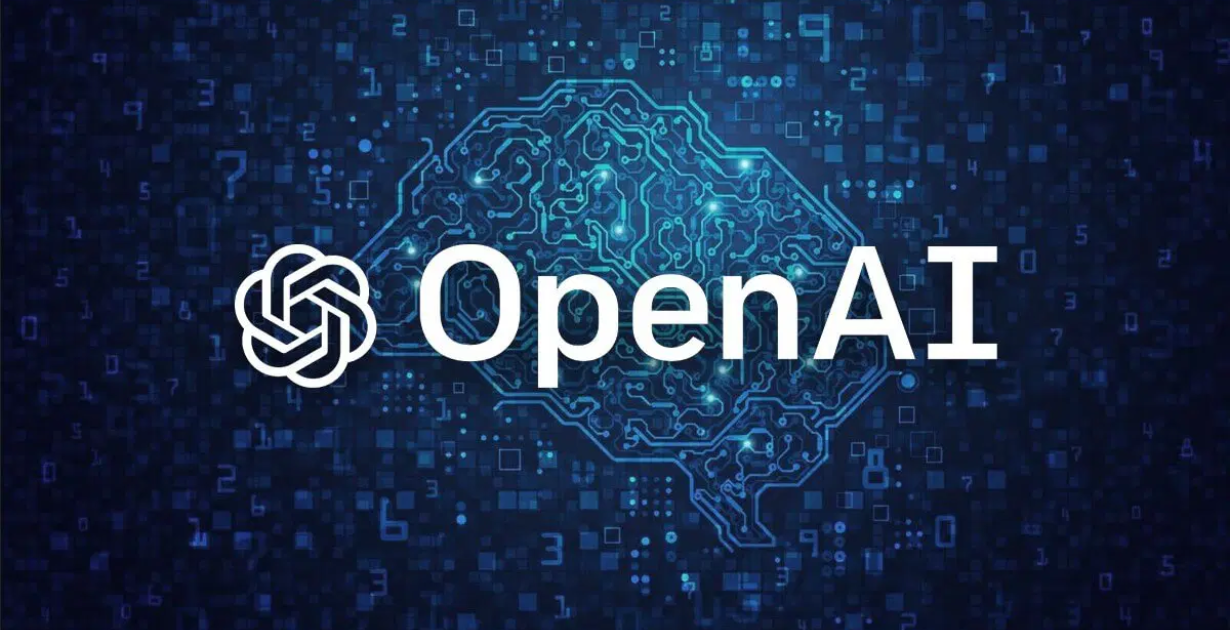OpenAI to Remain Under Non-profit Control in Restructuring Plans
OpenAI announced on Monday that it would continue to operate under the supervision of its nonprofit parent organization.
However, the company is also making progress in its efforts to modify the structure of its for-profit subsidiary to facilitate increased capital raising in order to remain competitive in the artificial intelligence sector.
The announcement is the result of a series of legal challenges and criticism, including a high-profile lawsuit filed by rival Elon Musk, who has accused the company of deviating from its founding mission to develop AI for the benefit of humanity.
The startup stated in a blog post that it had decided to maintain control of the nonprofit organization after consulting with the offices of the Attorneys General of California and Delaware and hearing from civic leaders.
It also stated that it would collaborate with Microsoft, regulators, and newly appointed nonprofit commissioners to finalize the revised plan.
The company had announced in December that it intended to transform its structure into a public benefit corporation. It stated that this would enable it to “raise more capital than we had anticipated” and eliminate the constraints placed on the startup by its current nonprofit parent.
The decision had prompted apprehensions regarding the equitable allocation of assets to the nonprofit arm and the company’s ability to maintain a balance between generating social and public good and generating a profit as it develops AI.
OpenAI announced on Monday that the nonprofit progenitor will assume control of the public benefit corporation and become a significant shareholder.
Public benefit corporations are generally more flexible in their pursuit of profit in conjunction with social objectives, while nonprofits are established to serve the public welfare.
The announcement made on Monday, according to Bret Taylor, chairman of OpenAI’s board, indicates that the startup will maintain a structure that is “extremely similar” to its current one.
Sam Altman, CEO, characterized it as a compromise that “satisfies investors to the extent that they are willing to continue funding us to the extent that we anticipate we will require.”
OpenAI has been seeking to implement modifications in order to attract additional investment as the costly pursuit of artificial general intelligence, or AI that surpasses human intelligence, intensifies.
It announced in March that it would raise up to $40 billion in a new funding round with SoftBank Group as the lead investor, at a valuation of $300 billion. The round was contingent upon the AI firm transitioning to for-profit status by the end of the year.
Microsoft and SoftBank did not immediately respond to inquiries for comment.
The startup’s capacity to raise capital as aggressively as it could have without the nonprofit control could be impeded by the move, according to analysts.
Gil Luria, an analyst at D.A. Davidson, stated that OpenAI’s capacity to raise capital is substantially diminished by its nonprofit status.
Investors would expect to see a return on their investment, which is significantly more challenging when a non-profit entity controls a commercial entity.
During one of the most significant boardroom crises in Silicon Valley in November 2023, the structure of OpenAI was the subject of attention.
The nonprofit board members ousted Altman due to a collapse in communication and a loss of trust. Following an outpouring of support from employees and investors, he was reinstated after five days.
news via inbox
Get the latest updates delivered straight to your inbox. Subscribe now!




